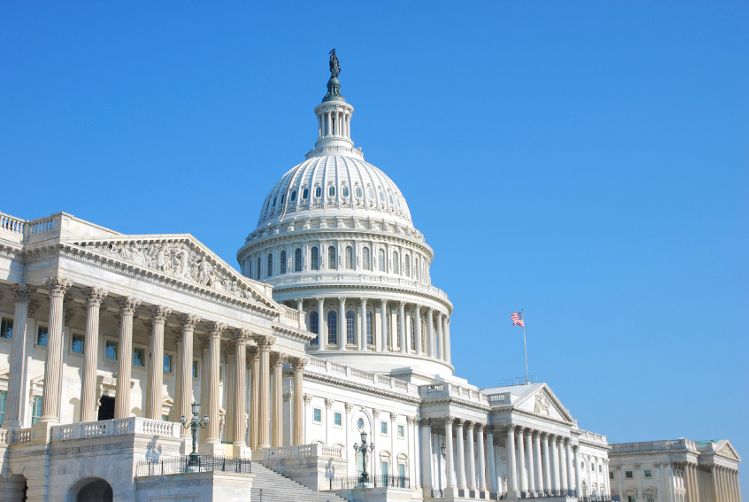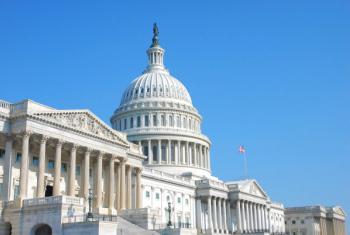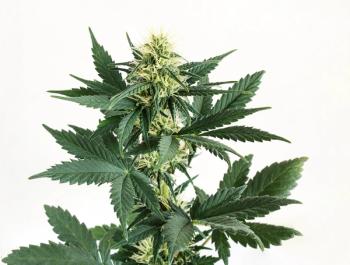
The ruling states that federal law does not block the ban on certain cannabinoid products in the state.


California Alcoholic Beverage Control Publishes New Statistics on Illegal Hemp Products Seized

The ruling states that federal law does not block the ban on certain cannabinoid products in the state.

This report is the first one published since the state’s legal market began.

The temporary restraining order would prevent the enforcement of these regulations while the lawsuit is being litigated.

As we approach a pivotal election, the cannabis industry finds itself at a crossroads. If federal legalization passes, cannabis could be reclassified from a Schedule I to a Schedule III drug. This shift would remove many barriers for businesses and consumers, opening the door to broader acceptance and regulation. However, this potential change also stirs up concerns among those opposed to cannabis, who fear its legalization could lead to unchecked risks for public health and safety.

The bill would amend the definition of hemp to raise the threshold of delta-9 THC to 1% from 0.3%.

The Cannabinoid Safety and Regulation Act would establish a regulatory regime for products that contain hemp cannabinoids.

On September 24th, 2024, the U.S. Hemp Roundtable, a group of California hemp farmers and businesses filed a lawsuit against the regulations.

The DHSS will focus enforcement efforts on misbranded intoxicating cannabinoid products.

The U.S. Hemp Roundtable submitted comments to California’s Office of Administrative Law (OAL) on September 16th, urging the agency to overrule emergency regulations proposed by Governor Gavin Newsom and the California Department of Public Health (CDPH).

The Attorney General's office says that non-alcoholic beverages with hemp-derived tetrahydrocannabinol (THC) with concentrations of delta-9 THC of no more than 0.3% are legal in South Carolina, assuming you can verify they meet this threshold.

The bill regulates the sale and distribution of products containing synthetic THC, though some challenges remain to be resolved.

According to Sunmed, the regulations effectively make 95% of the retailer’s inventory illegal, depriving consumers of wellness products they trust and rely on to support their health, as well as putting retailers at risk of closure.

The lawsuit challenges Emergency Rules issued by the agency on June 2024 that would establish a licensing program for retailers and suppliers of hemp-derived cannabinoid products.

The regulations would ban any hemp-derived food, beverage and dietary products from having any THC levels and impose an age restriction of 21 to purchase these products.

In this interview, Raphael Wechsler, Founder of Wroots Botanicals LLC, Sustainability Lead for Studio Voltaire LLC, and former Director of Partnerships and Operations and Sustainability Committee Chair for the Cannabis Association of New York, discusses the challenges of cannabis packaging and its sustainability in the industry.

Interstate commerce is a crucial aspect of the modern economy, allowing goods and services to move across state lines, fostering economic growth, and enabling businesses to reach wider markets. In the context of the hemp and tetrahydrocannabinol (THC) cannabis industries, interstate commerce presents unique challenges and opportunities, shaped by a complex web of federal and state regulations. This blog explores how the hemp industry handles interstate commerce from a compliance perspective and speculates on what the landscape might look like if THC cannabis becomes federally legal and interstate commerce is permitted.

The Missouri Hemp Trade Association has filed a lawsuit in the Cole County Circuit Court seeking to prevent the Missouri DHSS from designating food and beverage products containing psychoactive cannabinoids derived from hemp as adulterated and implementing an embargo.

The latest webinar in this series explored challenges and solutions in the current and future landscape of cannabis policies and regulation.

Missouri’s Department of Health and Senior Services is on track to “embargo and condemn” products that contain intoxicating cannabinoids starting September 1, 2024 in accordance to an executive order signed by the state’s governor, Michael L. Parsons.

Voters in North Dakota will see recreational cannabis on the ballot this November.

California Assembly Bill 2223 has failed to pass the State Senate.

The majority of comments on the scheduling of cannabis favored change, though several other aspects of cannabis policy remain to be addressed.

The 23rd episode in the monthly webinar series discusses vape manufacturing, consumers, and solutions to health and safety risks.

The Colorado Department of Public Health and Environment (CDPHE) now regulates certain hemp manufacturers. Here’s how to prepare for compliance inspections, which may become a trend to more states beyond Colorado.

The discussion surrounding intoxicating the manufacture and sale of hemp-derived cannabinoids continues with more proposals and challenges.